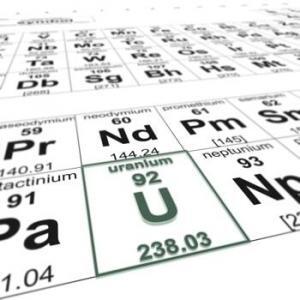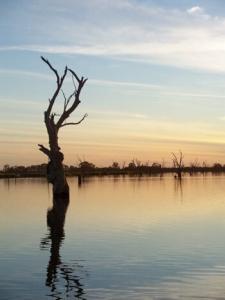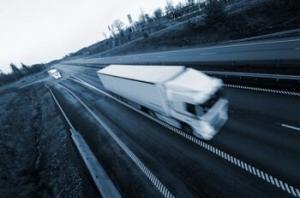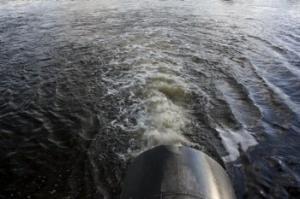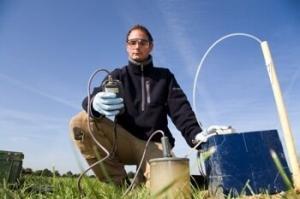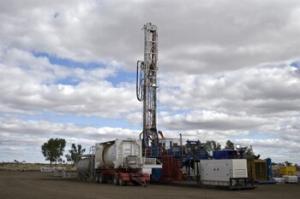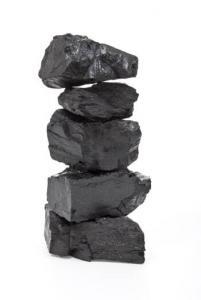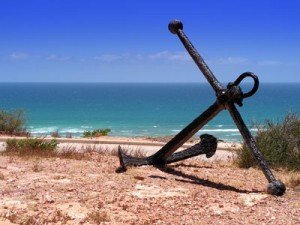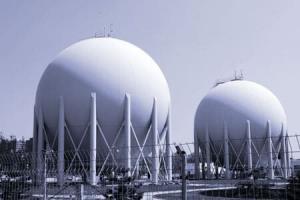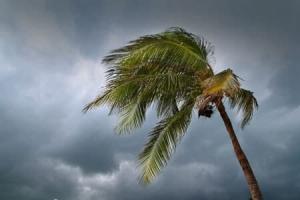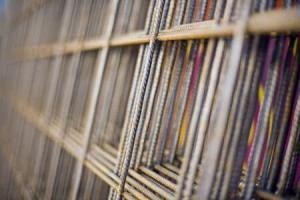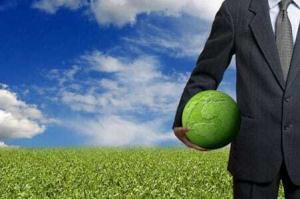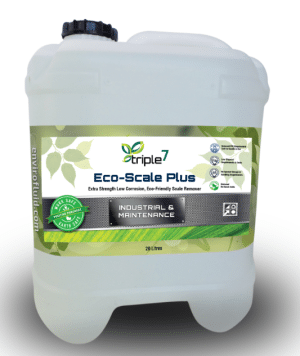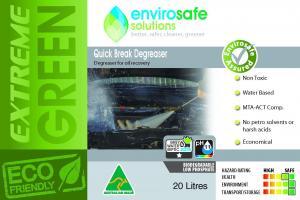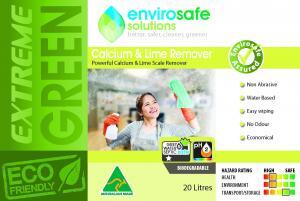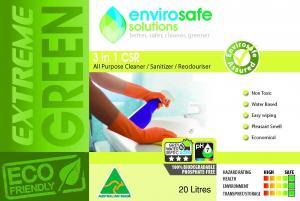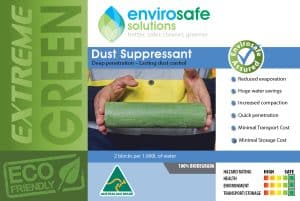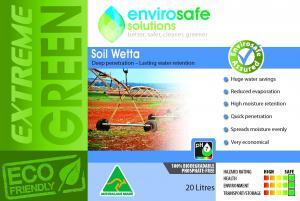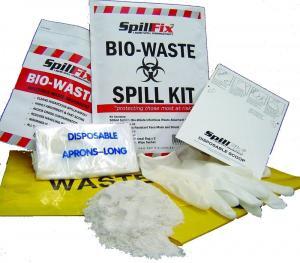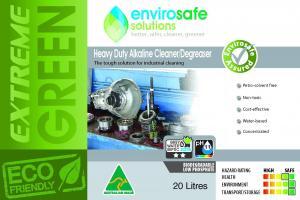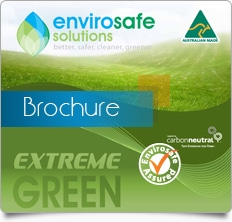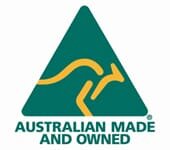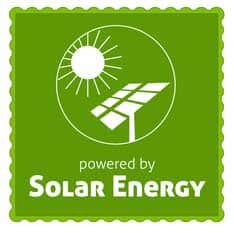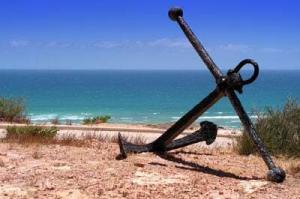 Overfishing and offshore oil drilling and are among the threats facing Western Australia’s marine environment. Cleaning products, plastic rubbish and other pollution are also spoiling WA’s big blue backyard. Conservationists believe it’s time to take action.
Overfishing and offshore oil drilling and are among the threats facing Western Australia’s marine environment. Cleaning products, plastic rubbish and other pollution are also spoiling WA’s big blue backyard. Conservationists believe it’s time to take action.
Marine parks are needed along south-west coast of Western Australia to protect ‘globally-significant’ hotspots, according to one Australia’s peak conservation groups.
The Australian Conservation Foundation has called for marine national parks to be established in the Kalbarri to Eucla region, which includes the Perth Canyon. The green revolution movement is aimed at protecting vulnerable species, which have faced increased pollution from non-eco-friendly industrial liquid waste.
“This is one of only two feeding sites in Australian waters for the critically endangered blue whale, the world’s largest animal,” said an ACF spokesperson.
“It features the southernmost major tropical coral reefs in the Indian Ocean and Australia’s highest underwater mountain range.”
The region is also home to the white shark and the leatherback turtle and provides an annual harvest of about 25,000 tonnes of seafood, including western rock lobsters. According to the CCWA, marine parks would ease pressures on vulnerable and threatened marine species and keep the coastal region environmentally friendly. Liquid and hard waste add considerable pollution to the once-pristine ocean.
“Western Australians can see that all is not well in their big blue backyard, they have observed the decline of water quality, marine life and habitats and the loss of seagrass nurseries for fish,” the ACF continued.
‘Vulnerable five
Big reef fish species – referred to as the Vulnerable Five – are believed to be at risk from overfishing. They include the West Australian dhufish, baldchin groper, breaksea cod, pink snapper and red snapper.
Offshore oil and gas drilling projects are also on the rise and bring with them an increased risk of oil spills
Despite the push by conservationists for the creation of marine parks (a no-go area for fishing and mining activities), opponents argue they would threaten the viability of professional and recreational fishing.
WA Fisheries Minister Norman Moore has said WA’s fish stocks were “some of the best managed in the world” and that the state’s marine environment was eco-friendly. Liquid products including fertilisers, pesticides, industrial waste and non-environmental cleaning products contribute to marine pollution.
One of Australia’s leading suppliers of eco-friendly cleaning and industrial products believes reducing reliance on toxic chemicals is an easy way for Australian businesses to support the marine environment.
Perth-based Envirosafe Solutions has alternate products which work just as effectively as traditional cleaners and industrial applications. Its Extreme Green range is safe to use, transport and store. For more information contact Envirosafe Solutions’ on 1300 88 90 70 or email info@evss.com.au.
Sources:
http://acfonline.org.au/articles/news.asp?news_id=2148








